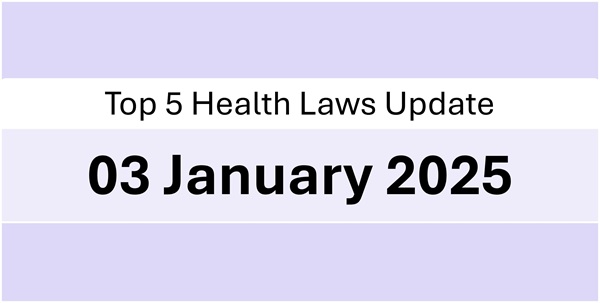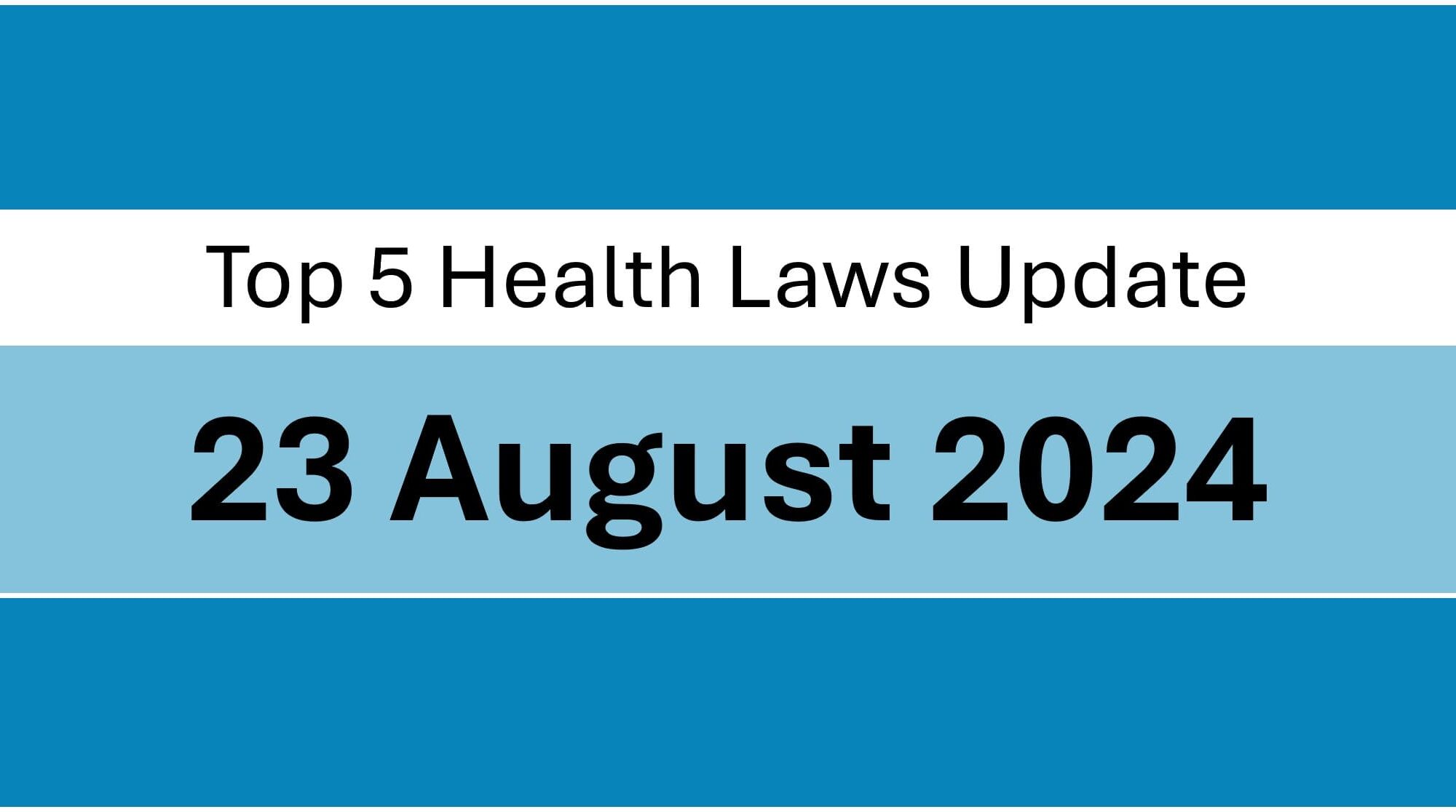As per Plastic Waste Management Rules, 2016, until 1st July 2025, the mandatory declarations on the label of the plastic packaging material should be mentioned on each category of plastic packaging material or plastic packaging of the product. However, starting from 1st July 2025, the declarations can be made in one of the following ways. Please note that this requirement is not in addition to the existing requirements rather a relaxation to declare the mandatory declarations on the plastic packaging material.
Link to the amendment copy: bit.ly/41hEGun
- In a barcode or Quick Response (QR) code printed on the plastic packaging
- In the product information brochure
- Printed on each individual plastic packaging material
- Printed on the plastic packaging with the unique number issued under any applicable law (awaiting more clarity from CPCB on this point)
Additionally, the manner of declaration must also be communicated to CPCB.
The labelling requirements required to be printed on plastic packaging material are described below:
- Name of the importer/brand owner
- EPR registration certificate number.
- Thickness of flexible plastic packaging (e.g., plastic sachets, pouches, covers, and carry bags).
- For recycled plastic packaging: Please declare “recycled having [—–specify percentage—–] of recycled plastic” along with a mark as shown below and conform to the Indian Standard: IS 14534: 2023 titled as “Plastics — Recovery and Recycling of Plastics Waste — Guidelines”

- The acronyms PET (Polyethylene terephthalate), HDPE (High-density polyethylene), V (Vinyl/PVC), LDPE (Low-density polyethylene), PP (Polypropylene), PS (Polystyrene), and “Other” mentioned above refers to all other resins and multi-materials like ABS, PPO, PC, PBT, etc.
- For compostable plastic packaging: Please declare “compostable only under industrial composting” and comply with IS/ISO 17088:2021, titled “Specifications for Compostable Plastics.”
- For biodegradable plastic packaging: Please declare “Biodegradable in [— specify number of days —] only in the [— specify recipient environment, e.g., soil, landfill, water, etc. —].”



